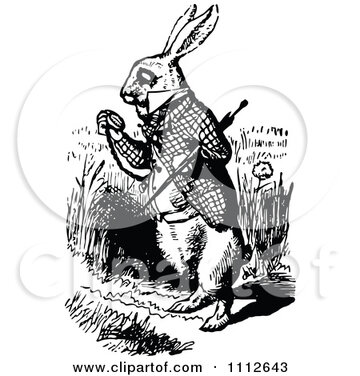This is very interesting. I'd like to hear more about this.
It seems to a certain degree, we are arguing semantics/labels at this point, as noted by
@Michael Allen.
We all seem to agree there are subjects and objects (things external to subjects).
What we are dancing around are the labels for these things. As far as I can tell, Michael and I favor a monist approach: there is one substrate from which all objects and subjects develop. Constance, and just recently ufology, seem to favor the notion that consciousness (subjects) emerges from physical nature. Constance seems to hold that consciousness literally emerges as something ontologically new. Whether Ufology shares this view, I can't tell. In the past, Ufology maintained that consciousness was physical and could be observed/measured like any other physical object. He seems to have backed away from that view, recently noting that consciousness cannot be reduced to the physical.
As best I can tell, Smcder seems to favor a dualist approach to consciousness and matter. Either as both being fundamental or consciousness emerging from nature (but you have typically expressed concerns about emergentism).
Your comment above intrigues me; if you don't think of nature as consisting of swirling particles, what do you think it is? Do you side with the quantum physicists who say indeterminacy is fundamental or do you side with the determinists?
If you don't think matter is, well, matter, why insist that CR is so wrong? If matter isn't matter, than panpsychism as generally understood (particles being intrinsically conscious) is absurd. If there are no particles, then they can't have consciousness.
If physical nature doesn't consist of particles, well then, of what does it consist? And why be so rigid about maintaining a dualism between mind and "matter" (however you conceive it).
You also express very strong resistance to the notion that how reality appears to us is to a very large degree dependent on... us. Why such resistenc if you don't think matter is particles after all?
As I've noted and you seem to agree (?), the notion of matter is challenged by QM and, I believe, a proper understanding of perception.
It's time to reject the reification of labels such as mind and matter and recognize that both are manifestations of one noumenal substrate that we don't--and perhaps can't--fully understand.

